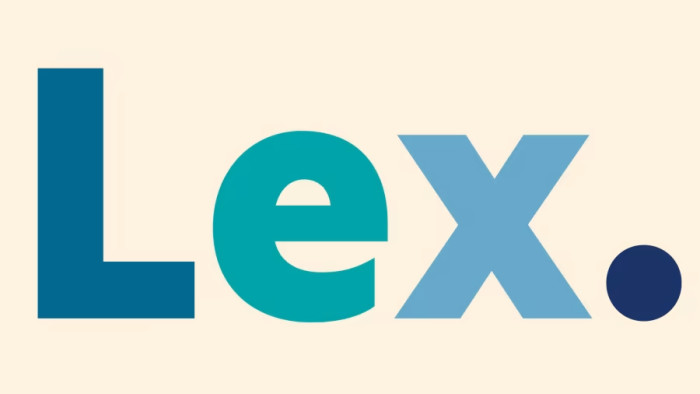Unlock the Editor’s Digest for free
Roula Khalaf, Editor of the FT, selects her favourite stories in this weekly newsletter.
Chief executive of Centrica has to rank highly among the worst jobs in corporate Britain. British Gas was privatised in 1986, yet its parent remains a lightning rod for public anger over energy prices. Heading the company will require extra political savvy as Britain’s energy retailers regain a profitable footing.
In 2021 and 2022 some 30 British energy suppliers failed as sharp rises in wholesale prices exposed poorly capitalised companies. But the survivors have thrived. Octopus Energy, Britain’s second largest household supplier, just turned its first profit since launching in 2015. Market leader Centrica’s annual results this week should show a surge in operating profit at its British Gas retail arm.
Analysts are forecasting ebit of around £747mn at the household supply business, a sharp recovery from £72mn in 2022. However, group profits are forecast to be down on 2022’s record high of £3.3bn due to lower earnings from other divisions, such as trading.
Anomalies will inflate 2023’s retail results. Regulator Ofgem allowed suppliers to recover certain costs in the first half of 2023 through Britain’s energy price cap — a regulated tariff, which changes each quarter and dictates bills for most households.
Differences are usually smaller and absorbed by suppliers, says Investec’s Martin Young. But extreme volatility from 2021 onwards meant costs were higher than normal. Still, Ofgem’s decision to allow cost recovery was controversial: one of its board members resigned over it in 2022.
Centrica’s future annual household supply profits are expected to normalise to a range of £150mn-£250mn, at least two-thirds below last year. This range would still be higher than in the years after the price cap’s introduction in 2019, and before the energy crisis.
Ofgem recently altered the profit margin that suppliers can make via the price cap. It allows for a 2.2 per cent ebit margin versus 1.9 per cent before the rule change. Still, such skinny returns mean energy retailing will remain a volume game, even as companies try to improve profits by upselling other products.
Suppliers that survived the crisis of 2021-22 have common traits. They are large and have added other strings to their bow. Octopus’s rapid growth has been aided by deals, including for Bulb Energy and Shell’s household supply business. It licenses its IT platform to other companies.
Political attempts to open up the energy market have failed to change the domination of a handful of companies. The names in the top flight may have changed, but scale remains the deciding factor for success.

Lex is the FT’s concise daily investment column. Expert writers in four global financial centres provide informed, timely opinions on capital trends and big businesses. Click to explore










